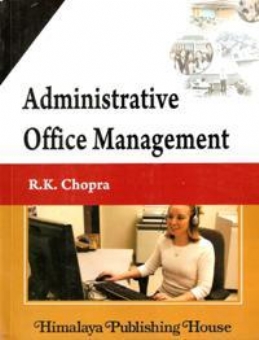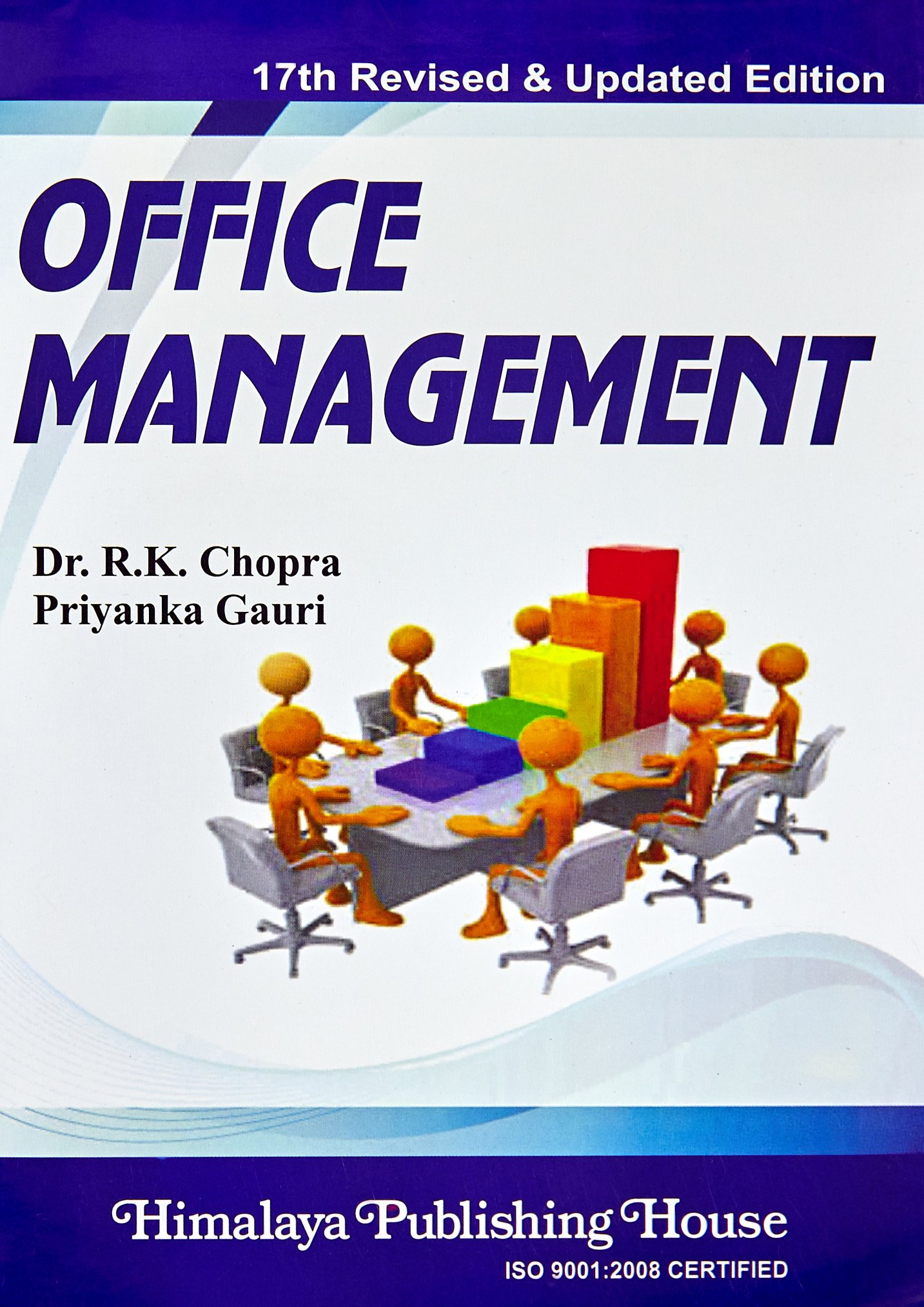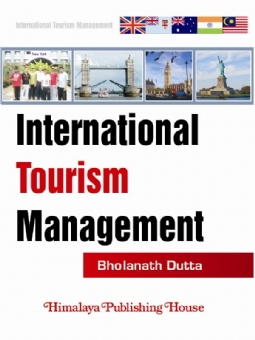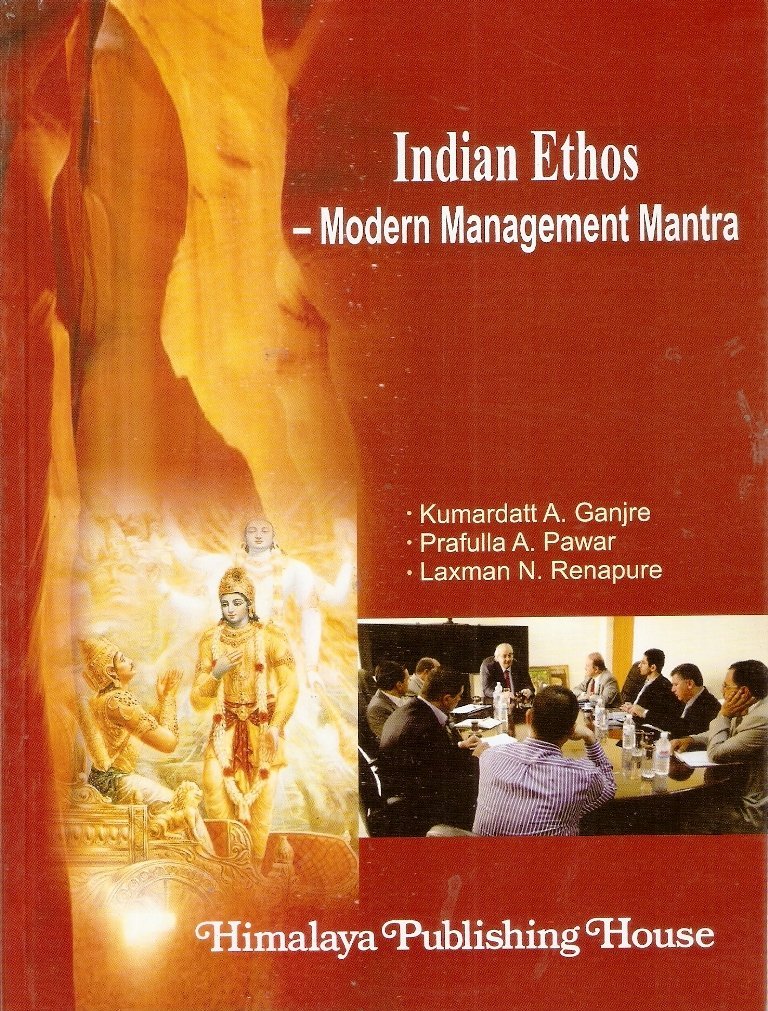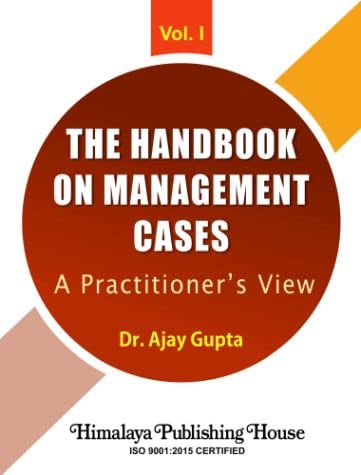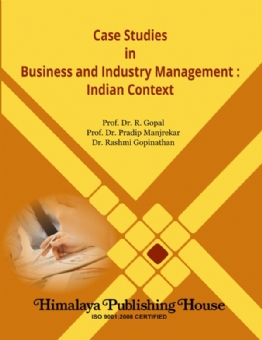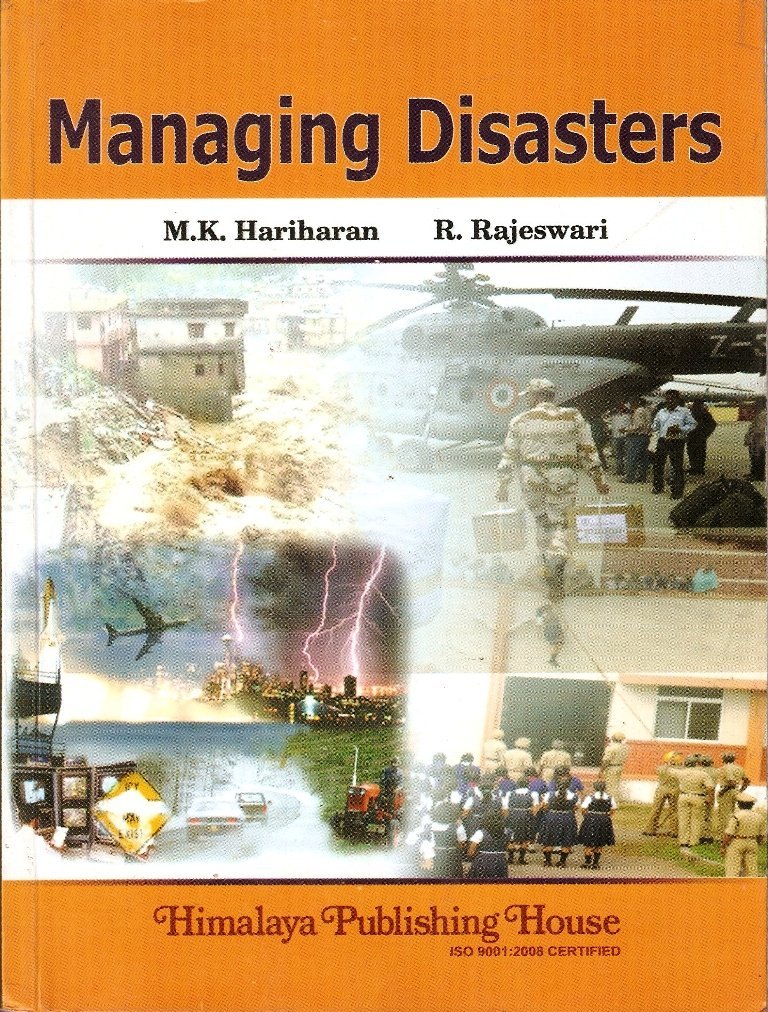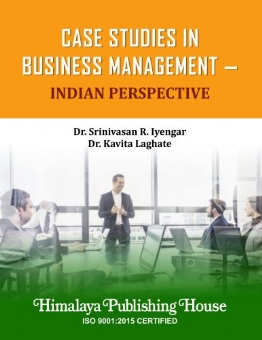Buy Academic Books Online in India | Second-Hand Academic Books
Featured Products
The Unwritten Code: A Student's Handbook to Professional Etiquette
₹103.50
M.R.P.:₹ 115.00
You Save: ₹11.50 (10.00% OFF)
The handbook on Management Cases - A Practitioners View - Vol I
₹400.95
M.R.P.:₹ 495.00
You Save: ₹94.05 (19.00% OFF)
Case Studies in Business & Industry Management: Indian Context
₹222.75
M.R.P.:₹ 275.00
You Save: ₹52.25 (19.00% OFF)
Case Studies Perspective in Business Management : Indian
₹322.38
M.R.P.:₹ 398.00
You Save: ₹75.62 (19.00% OFF)


